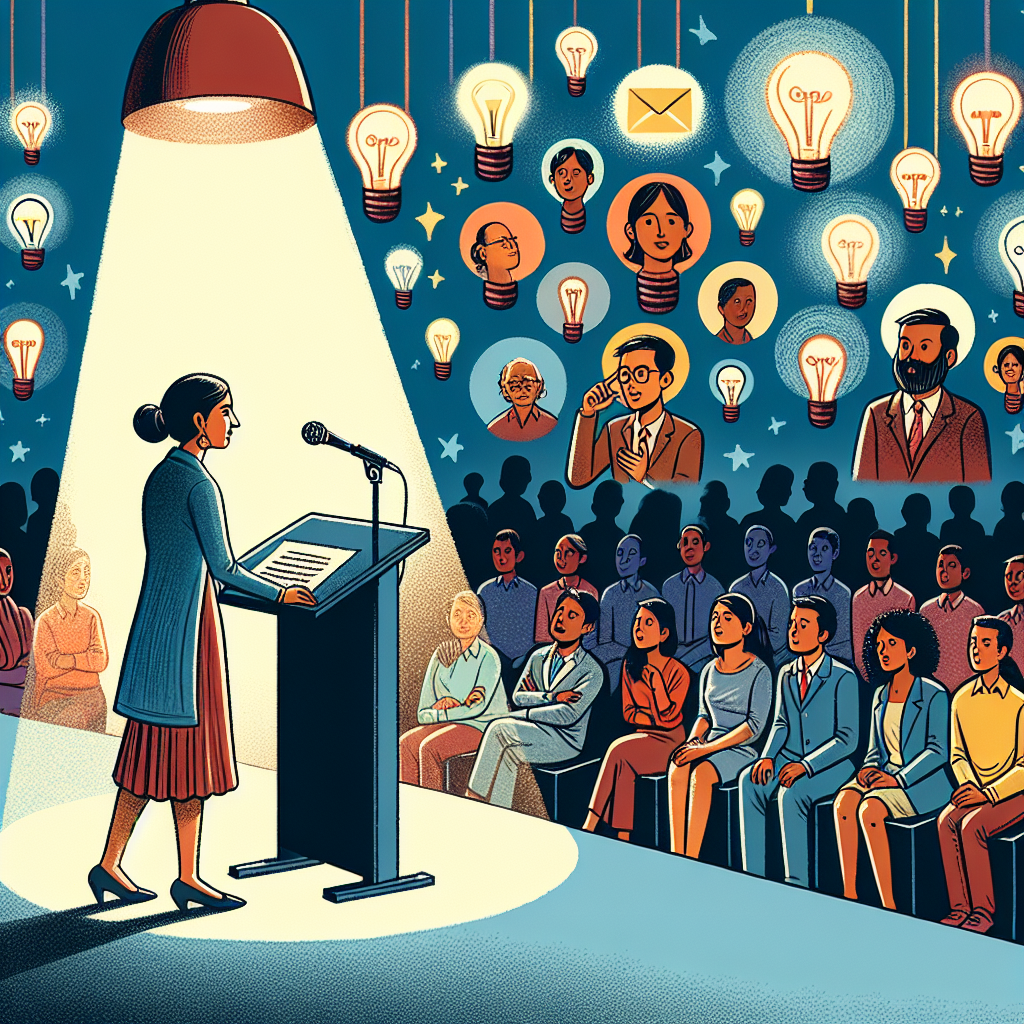A Brief History of My Childhood
Welcome to Continuous Improvement, the podcast where we explore the journey of personal growth and development. I'm your host, Victor, and in today's episode, we're diving into the story of my life. From my humble beginnings to the experiences that have shaped me, we'll take a journey through the ups and downs that led me to where I am today.
Let's start at the beginning, with my mother. She's the reason I'm here, the one who made the choice to bring me into this world. They say I was more of an accident than a planned child, but my mother saw value in the miracle of life and decided to give me a chance. She's an accountant, a problem-solver, and instilled in me the belief that money isn't everything, but everything needs money. While she may not hold a formal degree, I consider her a smart person who taught me the importance of education and critical thinking.
Life has its fair share of joys and sorrows, and for me, it started with the loss of my maternal grandfather to lung cancer. He was a vibrant man, known for his cooking skills, but he had a weakness for cigarettes. He believed in living life on his own terms, even if it meant sacrifices. While I wish he had made different choices, I respect his commitment to personal happiness, even at the expense of his health.
Both of my parents played a significant role in shaping who I am today. My intelligence comes from my mother, while my physical appearance owes itself to my father. My mother was strict, sometimes even using a clothes hanger for discipline. On the other hand, my father was more lenient, except when it came to internet usage. He'd turn off the router at midnight to keep me from staying up late browsing the web. His own interests in technology and computer games fostered my passion for all things tech, ultimately leading me to a career as a software engineer.
Childhood isn't without its challenges, and for me, it was navigating social circles. While most kids were obsessed with Pokémon, I found solace in books. Chinese history and the tales of ancient heroes fascinated me, sparking my imagination. I often daydreamed about being a wise advisor to an emperor, guiding the nation to prosperity. But as a shy and reserved child, my closest friends were often other unpopular or bullied students. I couldn't stand seeing injustice, especially when it came to those who were physically frail like my best friend, who always seemed to be a target for bullies.
As I reflect on my school years, a vibrant mix of memories come to mind. I attended a Catholic primary school where daily prayers were the norm. While it didn't convert me to Catholicism, it did teach me the value of kindness. The diverse student body, including those from lower-income households, showed me the importance of understanding and empathy. It was there that I realized the impact of our choices and the power of a supportive community.
Not all memories are pleasant, though. One particular P.E. teacher, Mrs. Chan, stood out for her excessive makeup and overpowering perfume. The mere scent she carried struck fear into the hearts of her students. Unfortunately, I fell victim to unfair punishment when I was blamed for using hair gel, which I hadn't. Moments like these made me question the educational system and wonder if there could be a better way to foster learning and growth.
Looking back at my formative years, I'm filled with gratitude for the experiences that shaped me into the person I am today. It's a blend of blessings and challenges that have taught me resilience, empathy, and the importance of continuous improvement. Join me in future episodes as we delve into various topics of personal growth and development, learning from inspiring individuals and experts along the way.
Thank you for joining me on this first episode of Continuous Improvement. Don't forget to subscribe to the podcast to stay up to date with new episodes. Remember, life is a journey of growth, and together, we can strive for continuous improvement.



